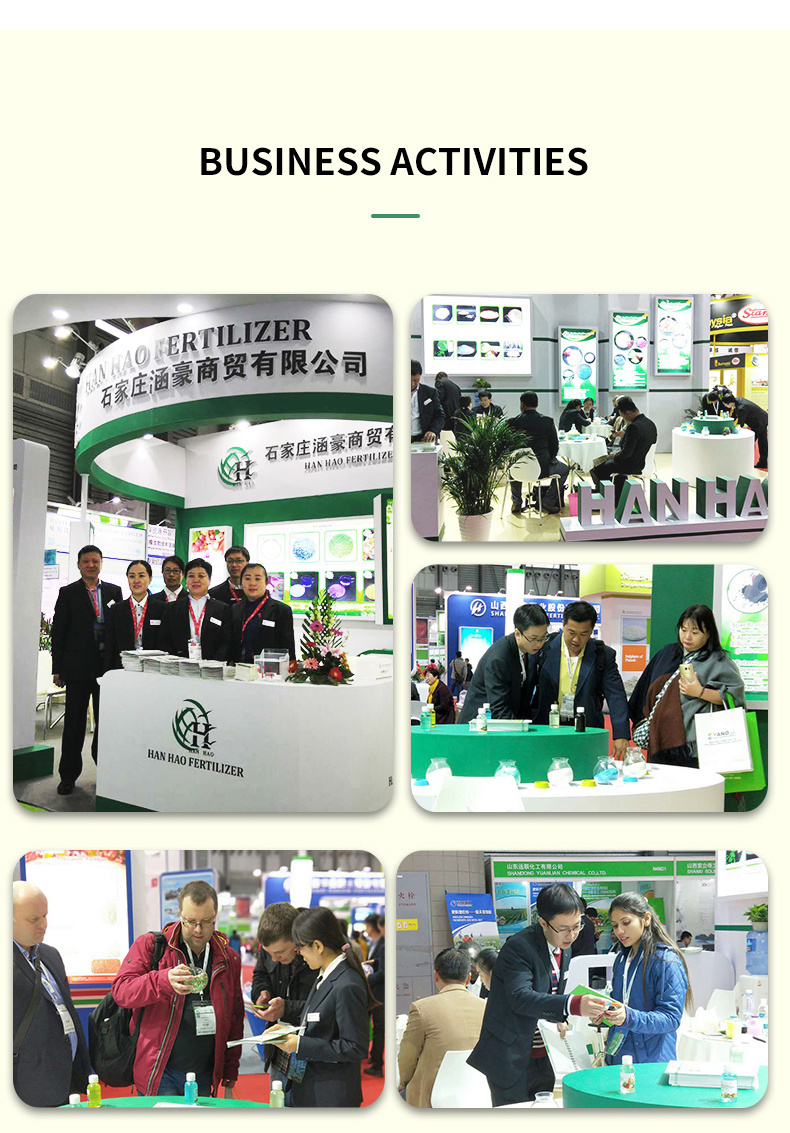
Sep . 30, 2024 09:31 Back to list
Top Organic Fertilizers for Thriving Leafy Green Vegetable Gardens and Hydroponic Systems
Best Organic Fertilizers for Leafy Green Vegetables
When it comes to growing healthy and vibrant leafy green vegetables, such as spinach, kale, and lettuce, the importance of using the right fertilizers cannot be overstated. Organic fertilizers not only enhance nutrient availability but also improve soil health and promote sustainable gardening practices. This article explores the best organic fertilizers for leafy green vegetable production, examining their benefits, application methods, and how they contribute to overall plant health.
Understanding Organic Fertilizers
Organic fertilizers are derived from natural sources such as plant materials, animal manure, and mineral deposits. Unlike synthetic fertilizers, which can damage soil health and pollute waterways, organic options sustain soil ecology, improve soil structure, and increase the organic matter content. These fertilizers release nutrients slowly, reducing the risk of nutrient leaching and ensuring that plants have continuous access to the nutrients they need over time.
Types of Organic Fertilizers
1. Compost One of the most effective and widely used organic fertilizers, compost is created through the decomposition of organic matter. It enriches the soil with essential nutrients, improves moisture retention, and fosters beneficial microbial activity. When applying compost, mix it into the garden soil before planting or use it as a top dressing around existing plants for continued nutrition.
2. Worm Castings Produced by earthworms, worm castings are rich in nutrients and beneficial microorganisms. They improve soil texture and enhance the availability of essential nutrients. For leafy greens, a mix of 20% worm castings to 80% potting soil can provide a nutrient-rich medium that supports robust growth.
3. Fish Emulsion A liquid fertilizer derived from fish byproducts, fish emulsion is an excellent source of nitrogen, which is crucial for leafy green growth. It also contains trace elements vital for overall plant health. Dilute fish emulsion with water (typically one part emulsion to ten parts water) and apply it every few weeks during the growing season.
4. Bone Meal Rich in phosphorus, bone meal is particularly beneficial during the early stages of growth and flowering. It promotes strong root development and enhances the overall structural integrity of the plant. Mixing bone meal into the soil before planting establishes a nutrient-rich environment for leafy greens.
5. Kelp Meal This fertilizer is derived from dried and powdered seaweed and is known for its rich nutrient content and growth hormones. Kelp meal supports overall plant health, boosts resistance to disease, and enhances nutrient uptake. It can be sprinkled onto the soil surface or mixed in with other fertilizers to create a nutrient-rich amendment.
best organic fertilizer for vegetables leafy green factories

Benefits of Organic Fertilizers
1. Improved Soil Health Organic fertilizers enhance the soil structure, promote aeration and drainage, and improve microbial activity. Healthy soil leads to stronger plant roots and better nutrient uptake.
2. Environmental Sustainability Using organic fertilizers supports sustainable agriculture by reducing chemical runoff into waterways and preventing soil degradation. They contribute to healthier ecosystems and promote biodiversity.
3. Enhanced Flavor and Nutritional Value Studies have shown that vegetables grown with organic fertilizers often have better flavor profiles and higher nutritional density than those grown with synthetic fertilizers. This is particularly important for leafy greens, which are consumed raw in salads and smoothies.
4. Reduced Risk of Over-fertilization Organic fertilizers release nutrients slowly and steadily, reducing the risk of over-fertilization that can lead to burning plants or nutrient leaching.
Application Tips for Success
- Test Your Soil Before applying any fertilizer, consider conducting a soil test to determine nutrient deficiencies and pH levels. This information will guide you in selecting the most suitable fertilizers and application rates.
- Apply at the Right Time Timing is crucial when it comes to fertilizing leafy greens. Apply organic fertilizers at planting and monitor the growth stages to provide additional nutrients as needed.
- Watch for Signs of Nutrient Deficiency Nutrient deficiencies in leafy greens often manifest as yellowing leaves or stunted growth. Regularly inspect your plants and adjust your fertilization regimen based on their needs.
In conclusion, employing the best organic fertilizers for your leafy green vegetables is a cornerstone of successful gardening. With options like compost, worm castings, fish emulsion, bone meal, and kelp meal, gardeners can cultivate healthy, nutrient-rich plants that thrive in an organic ecosystem. Remember, healthy soil leads to healthy plants, and with organic fertilizers, you’re not only growing food but also contributing to a more sustainable future. Happy gardening!
-
Premium Organic Manure Compost for Eco Gardens
NewsAug.01,2025
-
Organic 10-10-10 Fertilizer | Balanced Plant Nutrients
NewsJul.31,2025
-
Premium Amino Acid Fertilizer | Rapid Plant Growth Booster
NewsJul.31,2025
-
10 10 10 Fertilizer Organic—Balanced NPK for All Plants
NewsJul.30,2025
-
Premium 10 10 10 Fertilizer Organic for Balanced Plant Growth
NewsJul.29,2025
-
Premium 10 10 10 Fertilizer Organic for Balanced Plant Growth
NewsJul.29,2025
